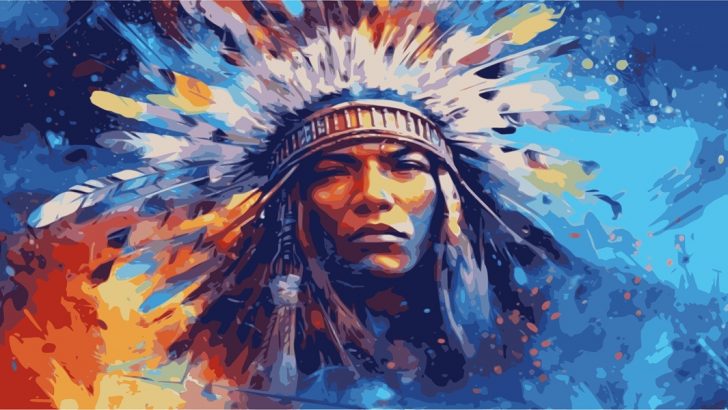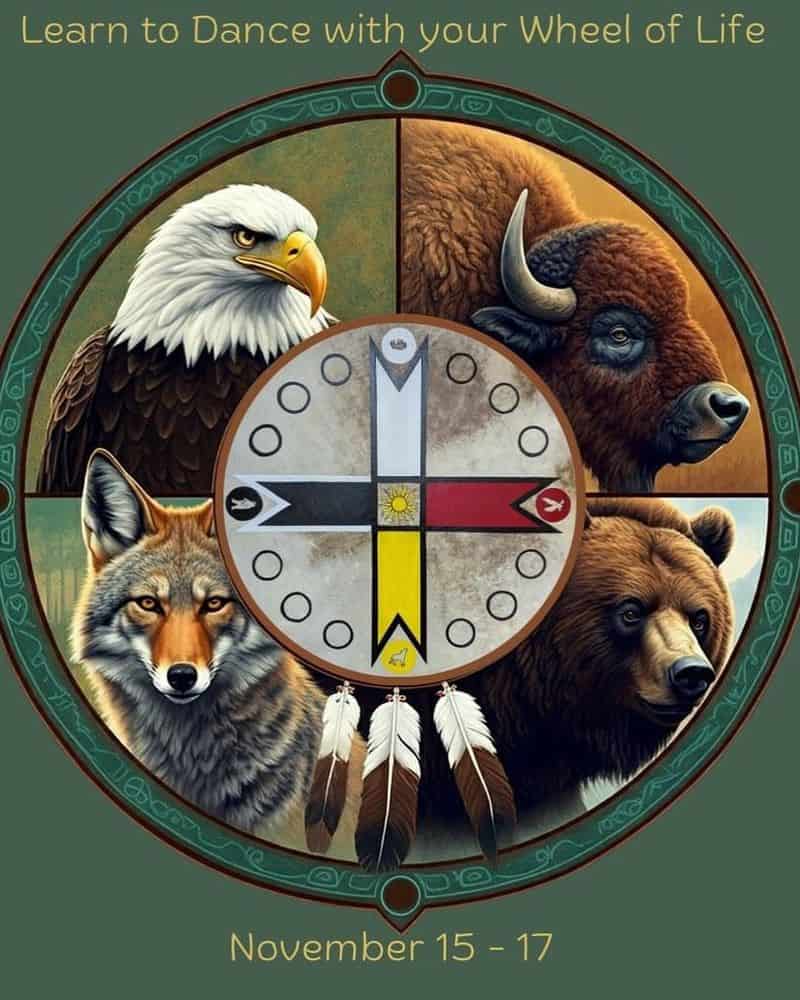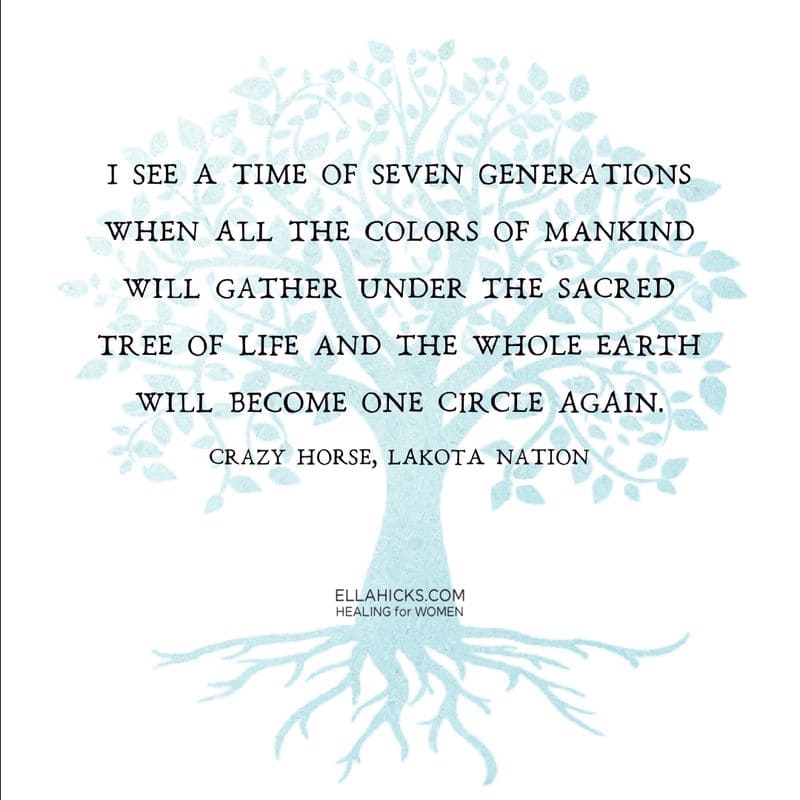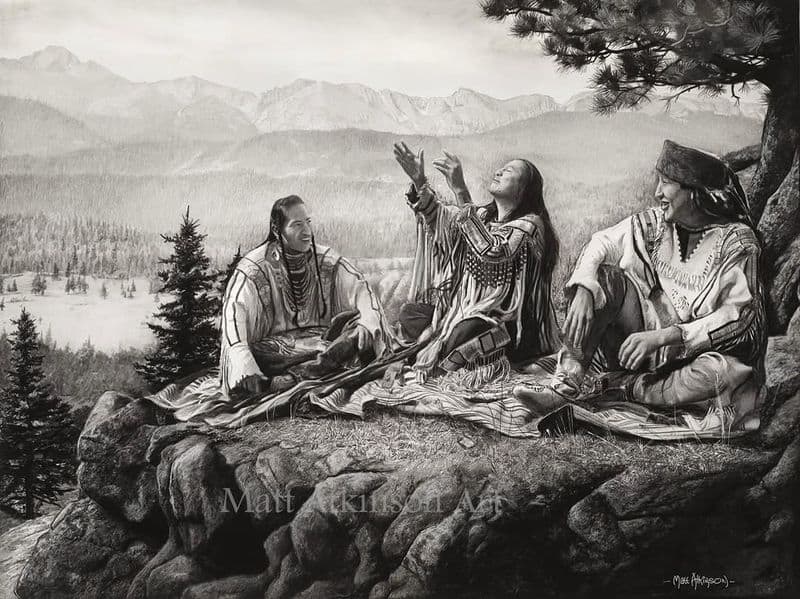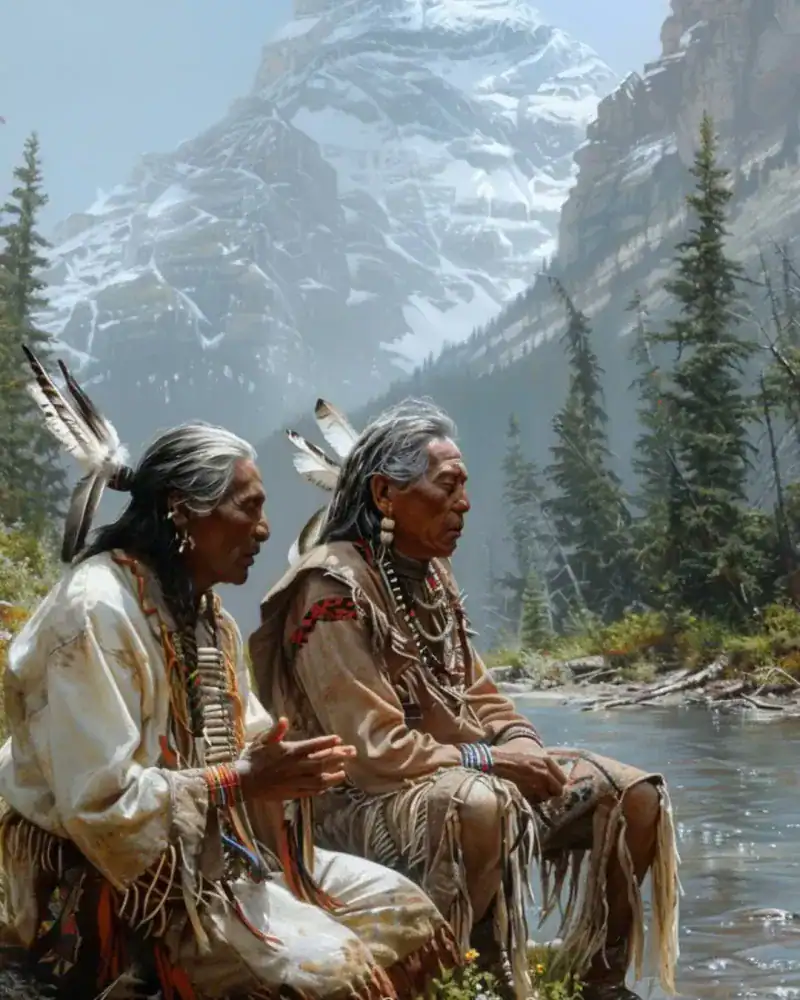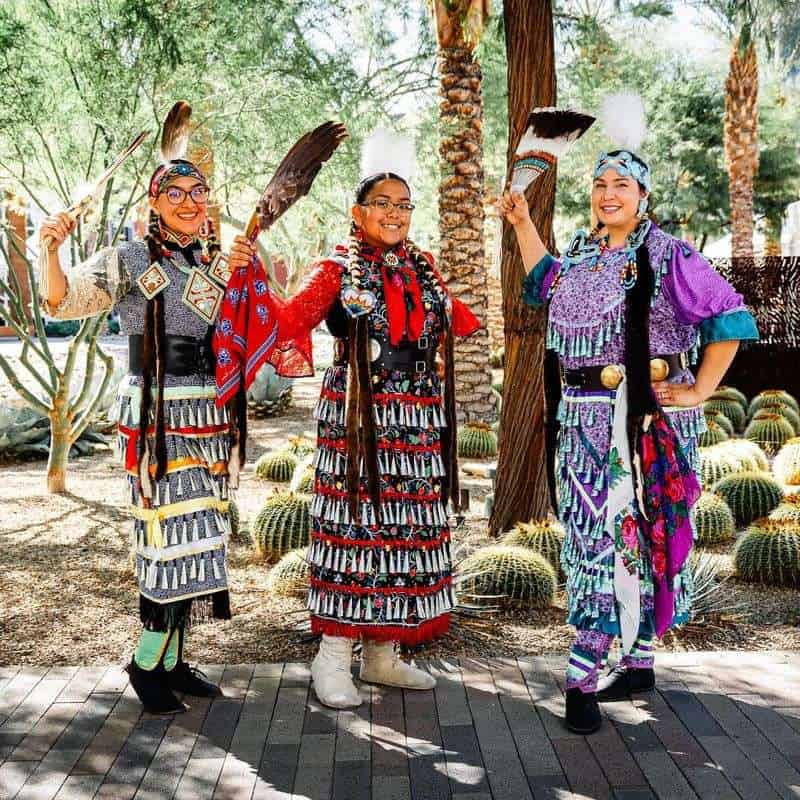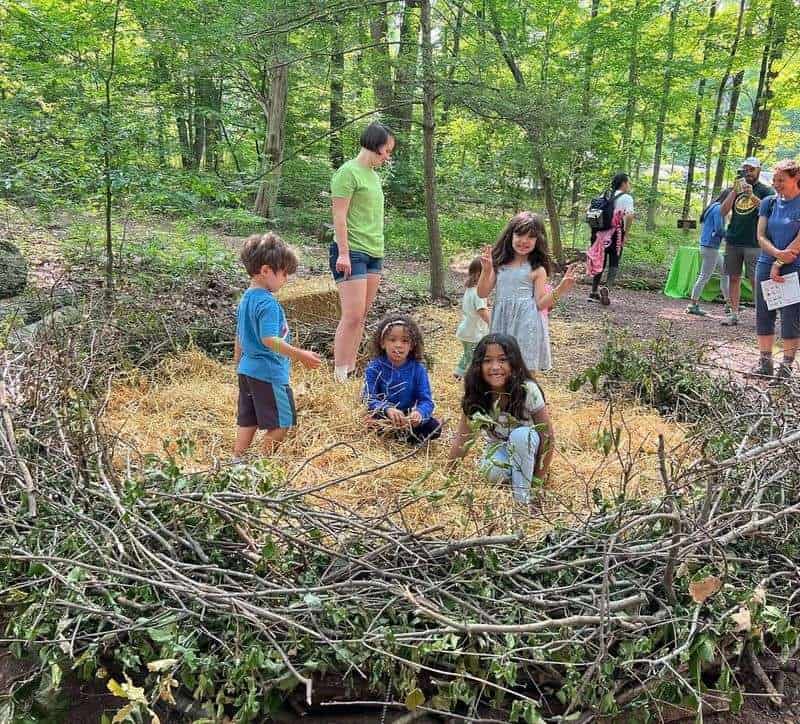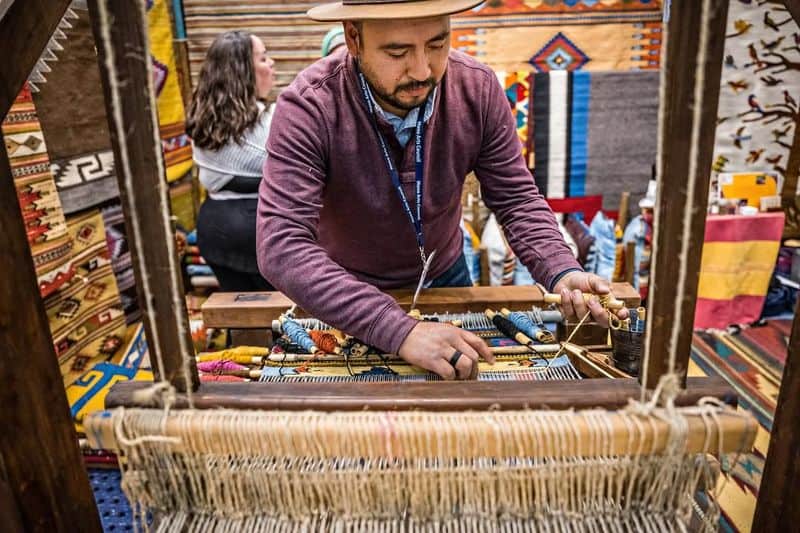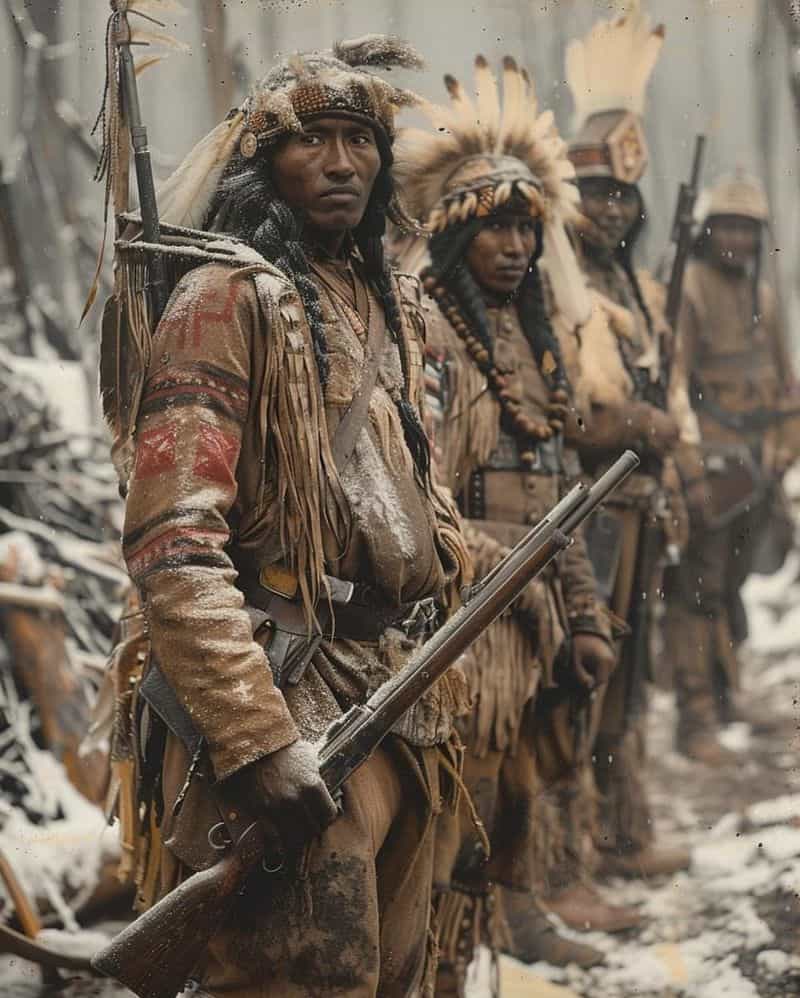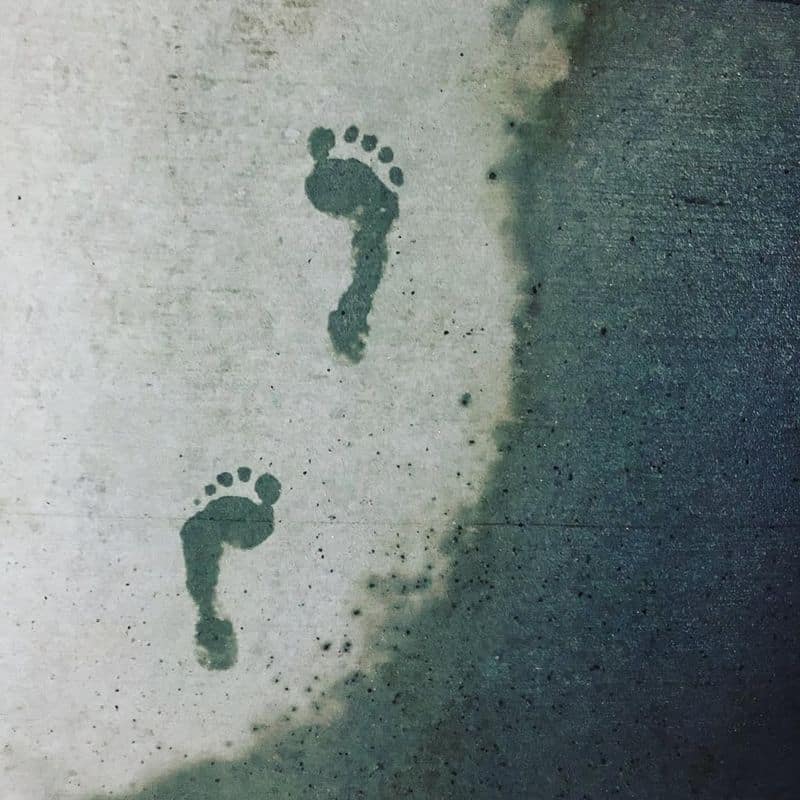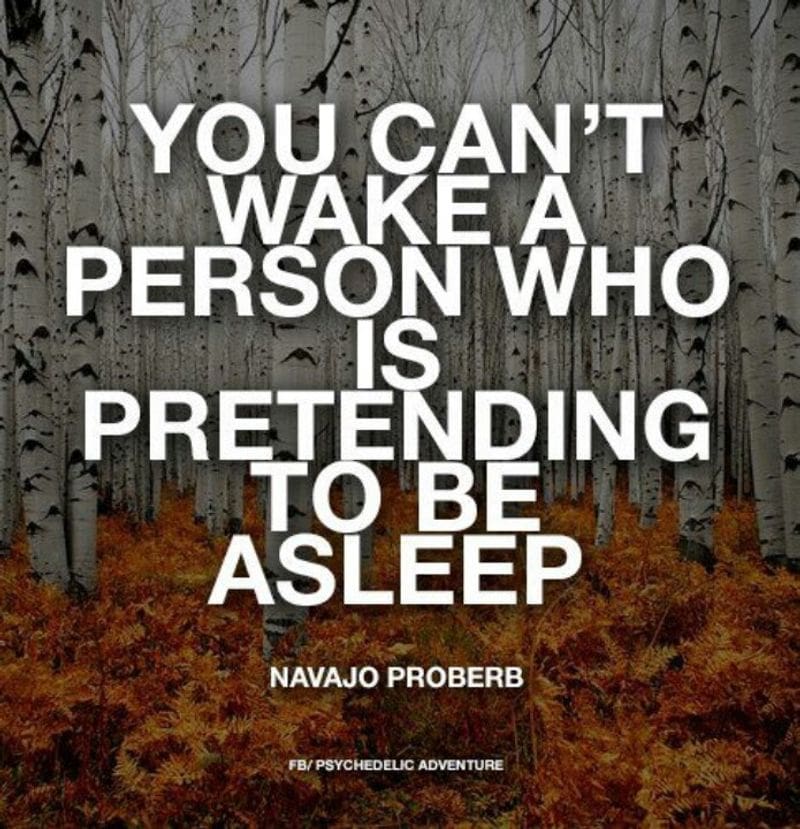Native American proverbs offer windows into ancient wisdom that can transform our modern lives.
These powerful sayings have guided tribes for centuries, teaching harmony with nature, respect for others, and personal growth.
Their simplicity masks deep truths that can help us navigate today’s complex world with greater clarity and purpose.
1. The Circle of Life and Death
The Blackfoot people understood what many of us struggle to accept: “Life is not separate from death. It only looks that way.” This profound insight reminds us that endings and beginnings are merely different points on the same circle.
When we embrace this truth, fear loosens its grip. The natural cycles around us—seasons changing, plants growing and withering—mirror our own journey. Nothing truly disappears; it transforms.
Facing mortality becomes less frightening when viewed as transition rather than ending. This perspective can help us live more fully, appreciating each moment while understanding our place in the endless rhythm of existence.
2. Seven Generations Thinking
Imagine making every choice with your great-great-great-grandchildren in mind. The Iroquois lived by this principle: “In our every deliberation, we must consider the impact of our decisions on the next seven generations.”
Modern society often prioritizes immediate rewards—quarterly profits over sustainable practices, convenience over conservation. Yet this ancient wisdom offers a revolutionary framework for responsibility that extends far beyond our lifetimes.
Adopting this mindset transforms everyday decisions about consumption, conservation, and community. What would change if you asked yourself: “How will this affect someone living 150 years from now?”
3. The Power of Storytelling
“The one who tells the stories rules the world,” say the Hopi people. Long before modern media, Native Americans recognized narrative’s extraordinary influence on hearts and minds.
Stories aren’t just entertainment—they’re vehicles for values, history, and identity. Think about which stories dominate your life. Who controls the narratives you consume daily? News outlets, social media algorithms, and entertainment platforms shape our perceptions in ways both subtle and profound.
By reclaiming our power to tell and choose stories, we regain control of our worldview. Consider creating and sharing your own meaningful stories rather than passively consuming others’.
4. Wisdom Over Knowledge
“Seek wisdom, not knowledge. Knowledge is of the past, wisdom is of the future.” This Lumbee proverb draws a crucial distinction many education systems overlook.
Knowledge accumulates facts—dates, formulas, information. But wisdom applies understanding to navigate life’s complexities. A person might know everything about nutrition yet make unhealthy choices; knowledge without wisdom remains sterile.
Real growth happens when we transform information into discernment. Ask yourself: Are you collecting facts or developing judgment? The difference shapes whether your learning serves merely to decorate your mind or to guide your life toward greater fulfillment and purpose.
5. The Strength of Community
“One finger cannot lift a pebble.” This simple Hopi observation contains revolutionary power in our individualistic culture. Nature demonstrates this truth constantly—wolves hunt in packs, geese fly in formation, trees connect through underground networks.
Humans likewise achieve our greatest accomplishments through collaboration. The lone genius myth crumbles when we examine history closely. Even seemingly individual achievements depend on countless supporting contributions.
Finding your community transforms seemingly impossible challenges into manageable tasks. Where might you benefit from reaching out instead of struggling alone? What burdens could become lighter through shared effort?
6. Curiosity as the Path to Knowledge
The Arapaho people observed: “If we wonder often, the gift of knowledge will come. If we never wonder, knowledge will never find us.” This celebrates curiosity as the gateway to understanding.
Children naturally embody this wisdom, asking endless questions. Somewhere along the way, many adults lose this essential quality, settling into comfortable certainties. Yet the most vibrant minds maintain childlike wonder throughout life.
Revitalizing your sense of curiosity might be as simple as asking better questions. Rather than assuming you understand a situation, person, or idea, approach with genuine openness. What might happen if you approached today’s challenges with fresh eyes?
7. Actions Speak Louder
The Apache wisdom cuts through empty promises: “It is better to have less thunder in the mouth and more lightning in the hand.” In a world of constant talk, this proverb values decisive action over endless discussion.
Many people announce intentions—to exercise more, learn a language, or help others—without following through. The quiet doer accomplishes more than the loud proclaimer. This principle applies equally to personal goals and leadership roles.
Consider where you might substitute action for words in your life. Small, consistent steps often achieve more than grand declarations. Which of your stated values need more “lightning in the hand” to become reality?
8. Living a Life Worth Celebrating
Cherokee wisdom offers this powerful reflection: “When you were born, you cried and the world rejoiced. Live your life so that when you die, the world cries and you rejoice.” This elegantly captures the journey from helpless infant to purposeful adult.
Each of us arrives receiving care and attention. The measure of a well-lived life becomes how much we give back, how deeply we touch others, how meaningfully we contribute. This isn’t about fame or fortune but about positive impact.
Consider how your daily choices build toward this ultimate goal. Are you creating connections, solving problems, or bringing joy? These seemingly small actions compose the legacy that outlasts you.
9. The Footprints We Leave Behind
“We will be known forever by the tracks we leave.” This Dakota proverb reminds us that our actions create lasting impressions, like footprints in wet cement rather than sand.
Every interaction leaves a mark—kind words encourage, harsh ones wound, generous acts inspire. These impacts ripple outward in ways we rarely fully comprehend. Someone might remember your thoughtful gesture decades later, or pass along wisdom you shared.
This perspective invites mindfulness about the trail we’re creating. What tracks are you leaving today? Would you feel proud if they became your permanent signature? Small adjustments in daily behavior can profoundly alter your ultimate legacy.
10. The Limits of Enlightenment
Navajo wisdom acknowledges a frustrating truth: “You can’t wake a person who is pretending to be asleep.” This insight saves countless hours of fruitless effort trying to convince someone determined to remain unconvinced.
We’ve all encountered this—presenting clear evidence to someone who simply refuses to see it. The proverb suggests that sometimes, unwillingness to learn stems not from inability but from choice. No amount of explanation can overcome deliberate resistance.
Rather than exhausting yourself trying to persuade the willfully ignorant, redirect that energy toward those genuinely seeking understanding. Recognizing when someone is merely pretending sleep prevents needless frustration and preserves your valuable time.

